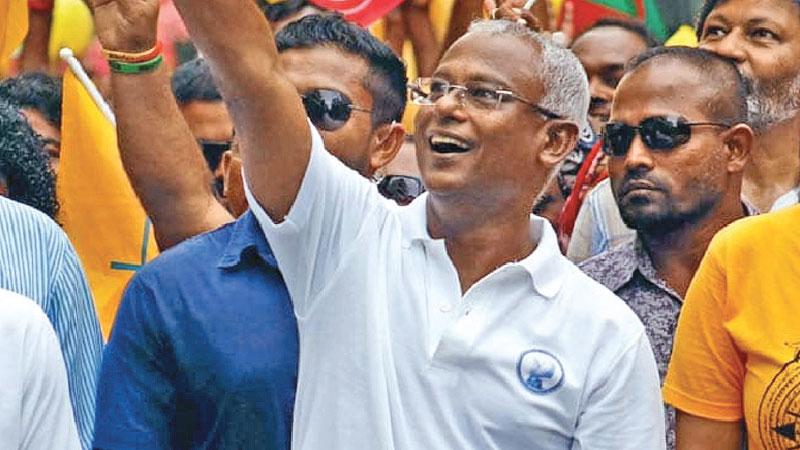
The sun soaked sandy beaches of the Maldives was the centre of attention of media organizations for the wrong reasons in the recent past. Since the assumption to power of Abdulla Yameen in 2013 following a disputed election the tourist hot spot has endured political turmoil. Beginning with the arrest of former Maldivian president Mohamed Nasheed the current president conducted an operation against political dissent during his term. In the lead up to the presidential election, under dramatic circumstances the Maldivian president ordered the arrest of his half-brother former president Abdul Gayoom. The Maldivian president’s battle with the Courts began when the Supreme Court released a number of imprisoned lawmakers as their trials were due to political reasons.
As a reaction to the supreme court ruling the infuriated president Yameen decided to apply a state of emergency for a period of 15 days in the Maldives. The application of the state of emergency allowed president Yameen to send security forces to the Supreme Court in order to take over the top court and arrest the Chief Justice Abdulla Saeed and Judge Ali Hameed.
These circumstances led former Presidents Nasheed and Gayoom to request India’s assistance in order to protect the democratic values in the Maldives. As a response to the political turmoil the United States, United Kingdom and India requested President Yameen to free the political detainees and reinstate the democratic process in the Maldives. During his presidential tenure President Yameen decided to remove the Maldives out of the Commonwealth of Nations and implemented closer ties with China and Saudi Arabia rather than with traditional friends - United kingdom and India.
The 2018 Maldivian Presidential Election was held under unstable political conditions where the political freedom of the Maldivian people and its political leaders was restricted. During the countdown to election day there was uncertainty among the international community and Maldivians about vote rigging and the conduct of the election. This ensured the election was closely monitored by the United States, India, China, Saudi Arabia and the European Union. As a reaction to president Yameen’s authoritarian rule a coalition of four main political parties whose leaders are either in exile or jail selected the common candidate Ibrahim Mohamed Solih, a respected long term member of the Maldivian Parliament.
The conclusion of the election saw Mohamed Ibrahim Solih get 58% of the vote while Abdulla Yameen got 42%. Although there were fears that Abdulla Yameen would not accept the results of the election due to his reputation of not tolerating political dissent it was reported that Yameen would step down from office by respecting the Maldivian people’s choice which resulted in celebrations among the Maldivians and the international community who expect to witness a democratically governed Maldives.
